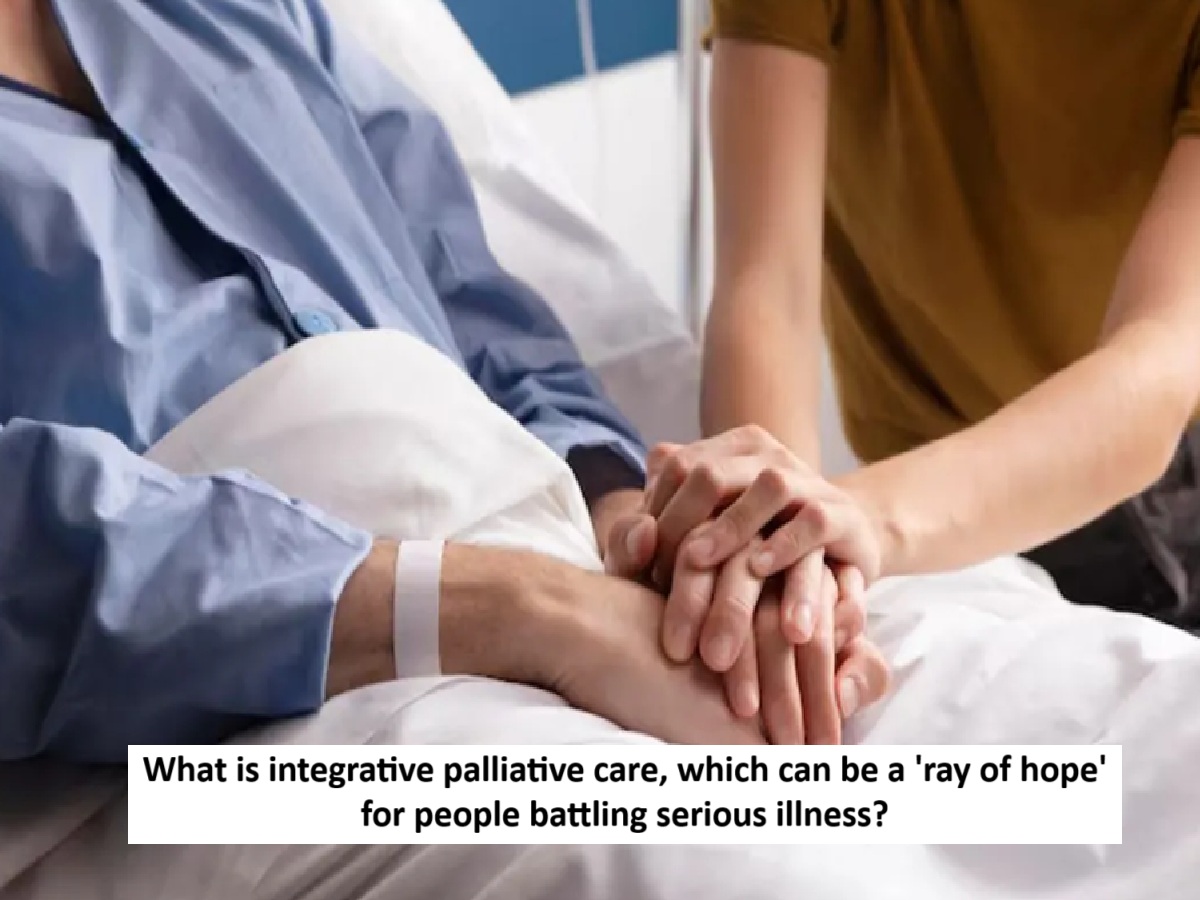
News Topical, Digital Desk : For someone battling a serious or terminal illness, treatment isn't limited to medication; they also need support that can ease their pain, calm their mind, and support their family during this difficult time. To address this need, "integrated palliative care" is being emphasized worldwide. It's not a final option, but a medical approach that focuses on improving and facilitating the patient's life.
What is Integrating Palliative Care?
It is a healthcare system that aims to provide physical, social, and spiritual relief to patients suffering from serious and terminal illnesses. It includes everything from pain relief to emotional support, improving the quality of life for both patients and their families.
In India, the need is great, but access is very low.
According to research, approximately 7 million to 10 million people in India require palliative care, but the reality is that less than four percent of patients have access to it. This gap indicates that a large population of the country is deprived of this vital health service.
What does the research say?
The study was conducted by the Association for Socially Applicable Research (ASAR) in Pune and its findings were published in eCancer Medical Science.
The main objective of the study was to assess the geographical reach of palliative care in India and to understand how its reach could be increased if it were integrated into every level of the public health system.
Big difference between rural and urban areas
The study found that access to healthcare in rural areas is much weaker than in urban areas. There was also considerable disparity between states – some states have better access, while others have limited access.
Integration can change the picture
An important finding of the research is that when palliative care is integrated into every level of the health system—district hospitals, primary health centers, community health centers, etc.—its reach significantly increased. This means that if the government and health institutions work together to integrate palliative care into the health infrastructure, more equitable and accessible care can be ensured across the country.
Why is expansion of palliative care necessary?
- Patients get better quality of life
- Decreases pain and mental stress
- Families receive emotional and social support
- Reduces pressure on the health system
- The patient's condition improves with timely and proper care.
Integrating palliative care offers a ray of hope for millions of people battling serious illnesses. It's not just a medical service, but a humane approach that can significantly help patients live a dignified, comfortable, and fulfilling life. If fully integrated into the public health system, it's absolutely possible to transform healthcare in India.
Read More: Want to get rid of a sagging belly? Pyramid walking is the easiest way, read its benefits.
--Advertisement--

 Share
Share



